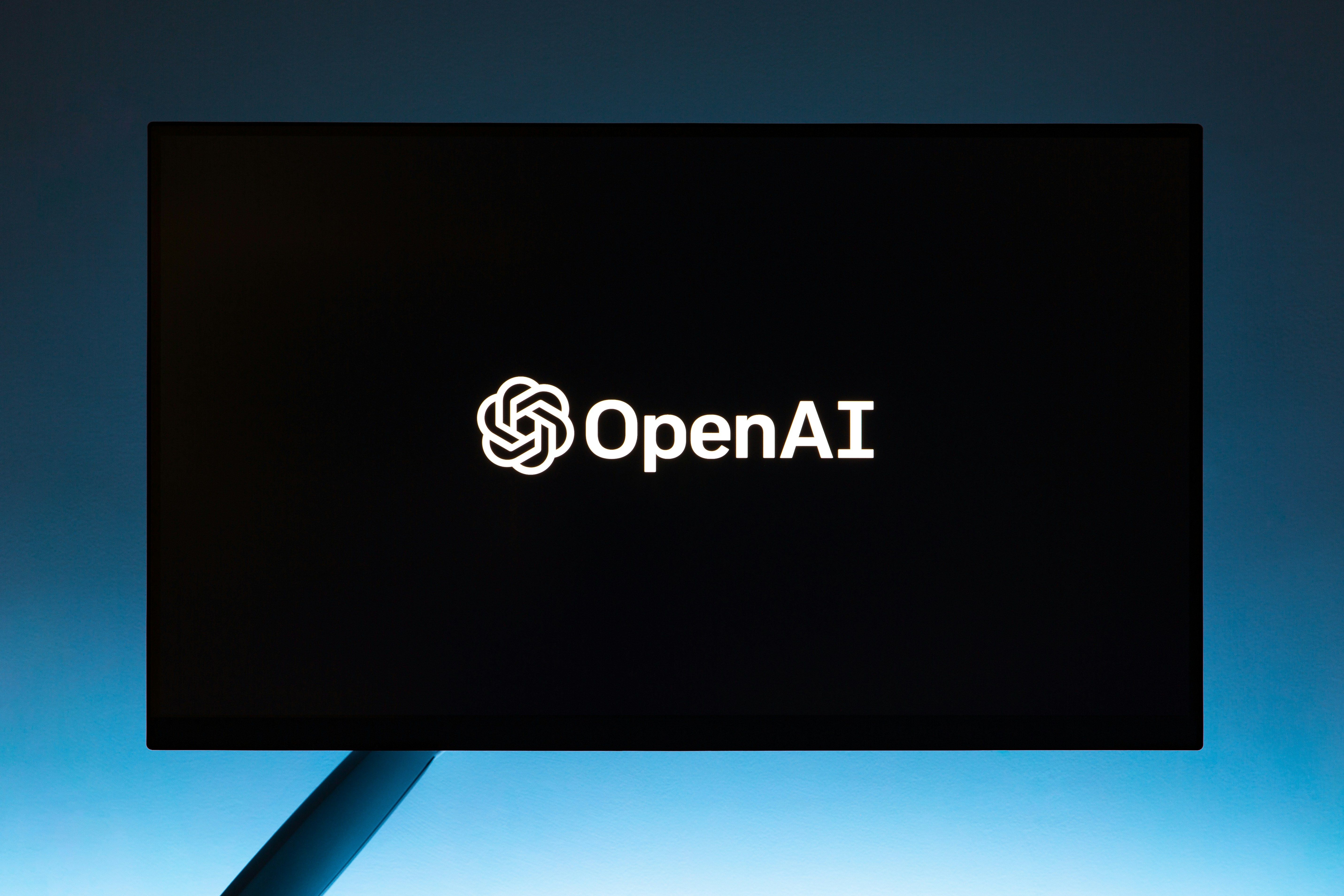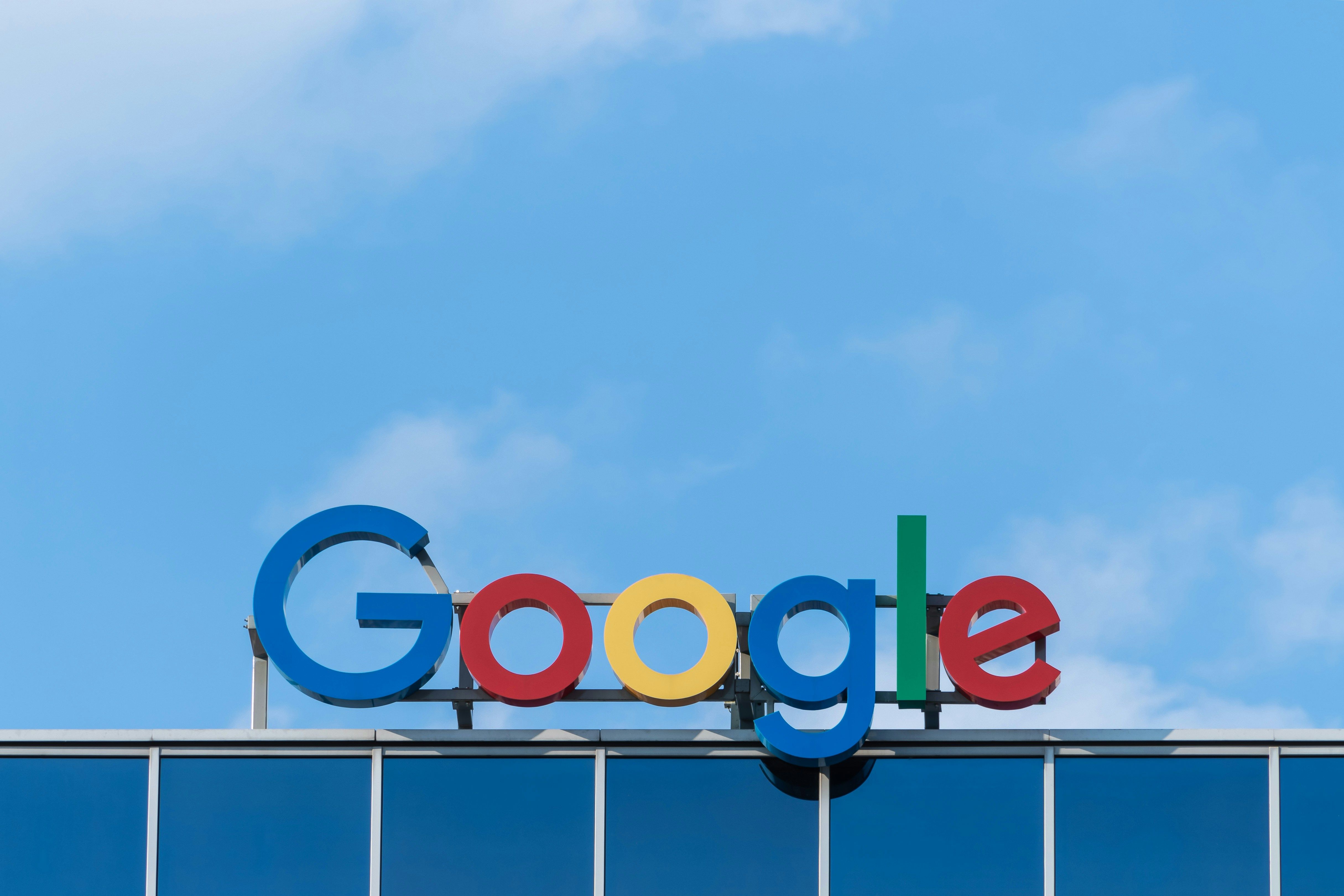OpenAI, renowned for its pioneering artificial intelligence solutions, is reportedly poised to unveil a new search engine that could contend with Google's dominance in the search market. According to insider sources, this monumental announcement is expected on Monday, strategically scheduled just a day before Google’s own I/O conference, where it annually showcases its latest advancements in AI and other tech areas. This new search engine, an extension of OpenAI’s flagship ChatGPT product, promises to provide a unique blend of search capabilities enhanced by AI, complete with the ability to integrate web information with cited sources directly.
The implications of this launch are substantial as it not only introduces serious competition for Google but also potentially reshapes the landscape of web search by integrating more sophisticated AI features than currently predominant in the market. OpenAI's venture into the search engine market is notable as it is backed by Microsoft and signals a significant escalation in the competitive dynamics within the tech industry, particularly in sectors fueled by advancements in AI. This move might alter user expectations and demands regarding the functionality and capabilities of search engines, marking a potential shift in how information is queried and consumed on the web.
The Announcement Timing and Strategic Considerations

Photo by Andrew Neel on Unsplash
Scheduled Date in Relation to Google's I/O Conference
OpenAI is planning a significant announcement for its new AI-powered search engine. This strategic timing—set for the day before Google's annual I/O conference—is likely not a coincidence. The Google I/O event is renowned for revealing breakthroughs in AI and technology, indicating that OpenAI aims to challenge and perhaps overshadow Google's media spotlight by introducing its project at this critical moment.
This decision by OpenAI might be intended to capture the immediate attention of tech enthusiasts and the media, thereby positioning itself as a formidable competitor right before Google showcases its latest innovations. This could divert some media and public attention away from Google, allowing OpenAI to make a substantial impact with its announcement.
Competitive Positioning Against Google and Other AI Startups
With the launch of this new search engine, OpenAI is not only entering into direct competition with Google but also with other emerging AI-driven companies like Perplexity, which was founded by a former OpenAI researcher. Despite Google’s dominance in the search engine market, the arrival of AI-infused search tools from these companies introduces a new realm of competition. OpenAI has a crucial advantage due to its early successes and widespread recognition through ChatGPT, possibly positioning it as one of the closest competitors to Google's search prowess.
While Google remains the stalwart with significant resources and a deeply integrated ecosystem, OpenAI’s bold move could disrupt the traditional search engine market by leveraging cutting-edge AI capable of enhancing user experience through sophisticated, conversational AI models. By focusing on AI-driven innovations, OpenAI could cater to a niche yet rapidly growing segment of tech-savvy users who are eager for novel, more intelligent interfaces for web searching.
Features and Capabilities of OpenAI's Search Product

Photo by Pawel Czerwinski on Unsplash
Integration with ChatGPT
The cornerstone of OpenAI's new search product is its integration with ChatGPT, using it as a base to extend functionalities into the realm of web search. This integration allows the ChatGPT interface to access and retrieve real-time information from the internet, significantly enhancing its utility by providing timely and contextually relevant data to users. The key here is the real-time retrieval and synthesis of information across sources, a significant leap from the current model, which primarily generates responses based on a fixed dataset without internet access.
Real-time Information and Web Data Integration
One of the critical enhancements for OpenAI’s search engine is its capability to pull in direct, real-time information from the web. This feature aims to tackle one of the significant shortcomings previously noted in ChatGPT – the challenge with delivering real-time updates and facts. By overcoming this limitation, OpenAI’s search product could redefine user expectations around informational accuracy and timeliness in AI-driven search platforms, setting new standards for how search engines operate.
Citation Inclusion and User Interface Innovations
Further distinguishing the search product is its ability to include citations, allowing users to trace the origin of the information provided easily. This transparency is crucial for credibility and could appeal strongly to academic and professional users.
Moreover, OpenAI is expected to introduce several user interface innovations. While specifics remain under wraps, the integration of AI-native search interfaces, such as those seen in other startups like Perplexity, hints at potential features like an interactive, conversational search experience, possibly with a more intuitive and user-friendly design than traditional search engines.
These developments indicate OpenAI’s desire not only to compete with Google butalso to push forward the boundaries of what is technically feasible in search technology by integrating advanced AI capabilities that emphasize accuracy, user engagement, and trustworthiness. Through these sophisticated features, OpenAI might not just match user expectations but set new benchmarks for the future of search engines.
Market Impact and Industry Perspectives

Photo by Growtika on Unsplash
Potential Shift in Search Engine Market Dynamics
The impending launch of OpenAI's search engine marks a significant moment in the tech industry, posing a potential shift in the dynamics of the search engine market. Historically dominated by Google, the search engine landscape has seen few competitors come close to challenging its market hegemony. OpenAI's entry with an AI-powered search engine could redistribute market shares, especially considering the integration of advanced AI capabilities that could offer a differentiated user experience.
The introduction of OpenAI's search engine, leveraging the capabilities of its AI models and the integration with direct web information, might attract users seeking more intuitive and responsive search interactions. Additionally, their ability to include citations directly could appeal to academic and professional segments of the market, which value source accuracy and depth.
Response from Competing Companies
In response to OpenAI's announcement, competing companies, notably Google, have also ramped up their AI initiatives. Google has recently announced new generative AI features for its search engine, which shows their proactive stance in integrating AI to enhance search functionalities. This could be seen as a direct countermeasure to maintain its user base and market position against upcoming rivals like OpenAI and Perplexity.
Perplexity AI, another significant player founded by a former OpenAI researcher, has also been active. With a valuation of $1 billion and 10 million monthly active users, Perplexity offers an AI-native search interface that includes citations and images, which positions it as another notable competitor in this evolving market landscape.
Moreover, the timing of OpenAI's announcement, set just before Google's annual I/O conference, suggests a strategic move to capture market attention and potentially disrupt discussions at a major industry event where Google typically showcases its innovations.
Analysis of User Adoption and Traffic Trends
Following OpenAI’s earlier achievements with ChatGPT, which rapidly gained 100 million monthly active users, it's plausible that their new search engine could see a similar trajectory in user adoption. Analytics firm Similarweb noted fluctuations in worldwide traffic to ChatGPT's website, with numbers only now returning to their peak in May 2023. This suggests a resilient user interest that could translate into initial high traffic for the new search product.
User adoption rates will likely be influenced by several factors, including the search engine's ability to provide accurate and timely information, integration with existing products like Microsoft's Bing, and overall user experience compared to established search engines like Google.
The transitory nature of technology users, driven by the pursuit of better and faster information retrieval, could see a segment of traditional Google users experimenting with and possibly shifting to OpenAI's offering, depending on its performance and capability to integrate seamlessly into the user’s digital lifestyle. Therefore, monitoring the first few months after launch will be crucial to understanding the long-term impact of OpenAI's search engine on user traffic and adoption trends in the search engine market.







